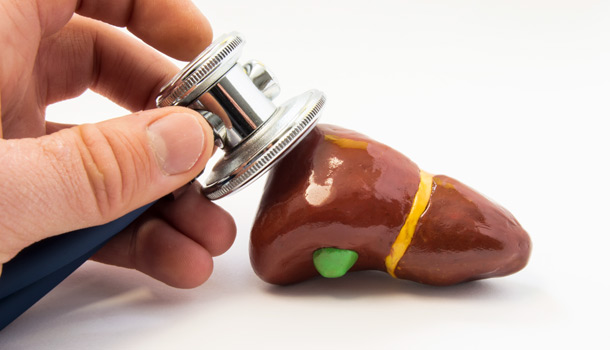Once you have one type of hepatitis, your chances of getting other types of hepatitis increase. It is therefore important to stay as healthy as possible and avoid exposure to other types of hepatitis. There are different types of hepatitis and different ways to care for yourself.
The Principles Described below Apply to All Types of Hepatitis:
- Get enough rest: When suffering from acute hepatitis, you should rest appropriately, drink plenty of fluids, and eat high-calorie foods to strengthen your immune system and fight off the virus.
- Avoid drinking alcohol: Alcohol can worsen inflammation and accelerate cirrhosis and liver failure.
- Use medications with caution: Many drugs can damage the liver, especially if taken continuously. If the liver is not functioning properly, it may not be able to remove toxic waste products produced by medications. The use of medications, including over-the-counter medications, should be discussed with a physician.
- Maintain a healthy lifestyle: Including healthy eating and proper exercise. In addition to improving physical health, good nutrition and exercise can also help overcome depression, a common condition among people with hepatitis.
To Prevent Hepatitis, the Following Preventive Measures Can Prevent Viral Hepatitis Infection:
- Vaccine injection: Hepatitis A and B vaccines are preventive. A series of 2 or 3 doses of the vaccine can provide 20 years of protection against hepatitis A. Hepatitis B vaccine requires 3 to 4 doses, and the prevention period is 10 years.
- Food handling: Fruits and vegetables must be washed. Cook food thoroughly, freezing will not kill the virus. When visiting undeveloped countries, only use bottled water for drinking, cooking, and brushing your teeth, or boil tap water for 10 minutes.
- Workplace Precautions: All infection control procedures must be followed in healthcare settings, including hand washing and wearing gloves. In child care settings, wash hands thoroughly after changing or handling diapers.
- Other precautions: Maintain a safe sex life. If you have multiple sex partners, you should use a latex condom every time you have sex. Do not share injection needles and syringes. When receiving acupuncture treatment, make sure all needles are sterilized. Avoid body piercings or tattoos. Do not share toothbrushes, needles, or other items that may come into contact with blood.
Slow down the Progression of Disease
There is no cure for cirrhosis of the liver, and the damage caused is irreversible. However, the disease progresses slowly, and there are many ways to reduce further liver damage.
- Stop drinking: Alcohol breaks down into different chemicals, some of which are toxic to the liver. If you have cirrhosis, stopping drinking alcohol can extend your survival.
- Use medication with caution: Because the liver is damaged, the body cannot break down or eliminate medications. Therefore, it is important to discuss all medications you take, including over-the-counter medications, with your doctor. In particular, avoid mixing alcohol with the pain reliever acetaminophen (Tylenol) or other pain relievers, even the recommended daily dose.
- Avoid getting close to patients: Because the liver is damaged and cannot fight off infections like a normal person, various measures must be taken to avoid getting sick. Get a variety of preventive vaccines, such as hepatitis A and B vaccines, influenza vaccine, and pneumococcal pneumonia vaccine.
- Eat more fresh fruits: vegetables and whole grains. These foods contain numerous nutrients, including vitamins A, C, and E, which are often depleted by hepatitis. Doctors may also prescribe vitamin K, A, and D supplements because the body may not be getting the right amounts of the vitamins. Nonetheless, do not use any vitamin supplements without your doctor’s advice.
- Limit salt intake: The sodium in salt can cause water retention in some people. Reducing salt intake can reduce water accumulation.
- Pay attention to protein in your diet: Rarely, you rarely need to limit protein, but you must be careful not to eat too much. If cirrhosis progresses, excess protein can lead to a condition called hepatic encephalopathy. This is a change in psychological condition because the liver is unable to remove certain toxic substances, such as ammonia from proteins, from the blood. These toxins can affect the brain, causing personality changes, mental confusion, drowsiness, and tremors.

